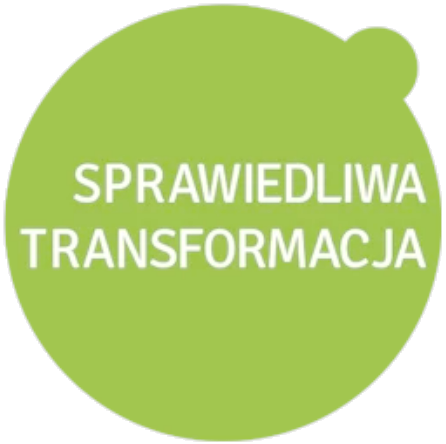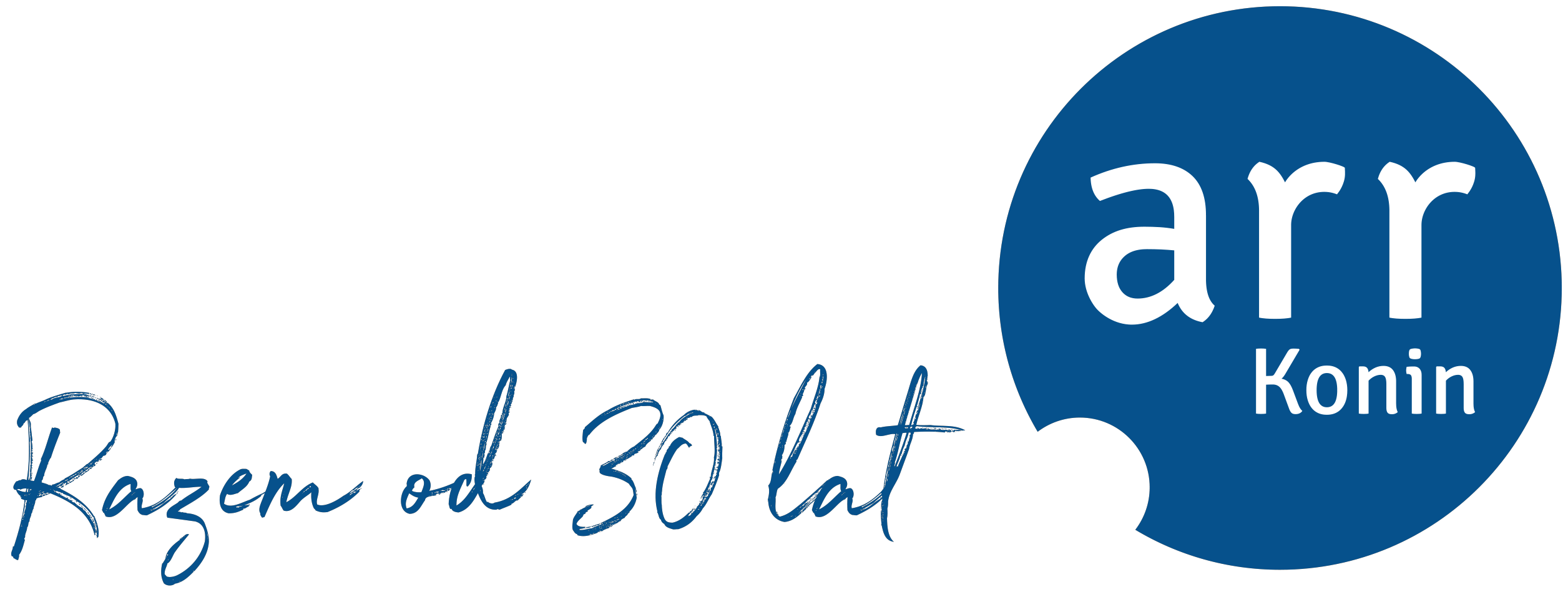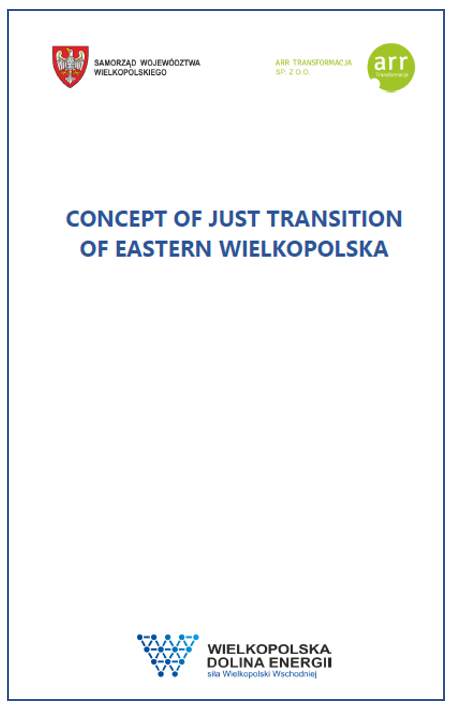What do you need to know about Just Transition process in Eastern Wielkopolska?
Just transition is currently one of the most frequently used terms related to achieving climate neutrality in coal regions. In Poland, the term became very popular with the presentation by the European Commission of the European Green Deal strategy, which, in addition to expressing its ambition to make Europe the first climate neutral continent until 2050, emphasized the need to conduct the transition in a just and conducive to social inclusion manner. An element of the European Green Deal is the just transition mechanism, which includes Just Transition Fund, focusing on the regions and sectors most affected by the transition to climate neutrality due to their high dependence on fossil fuels and high-carbon processes.
In Eastern Wielkopolska, the success of a just transition from the very beginning depends on the involvement of a wide range of stakeholders, i.e. representatives of municipalities and counties covered by the transformation, through the management board, trade unions and representatives of the employees of the ZE PAK Group, other enterprises and their unions (in particular related to their activities with the extraction and use of lignite in the energy sector), as well as various types of non-governmental organizations and the residents themselves. The condition for the effective mitigation of the socio-economic and environmental effects of the subregion’s departure from coal is the assumption of responsibility for this process by all parties involved in it.
In the area of Eastern Wielkopolska, including the city of Konin and the districts of: Konin, Koło, Słupca and Turek (hereinafter also: the subregion), strongly dependent on the mining and energy sector, the idea of a just transition was not imposed on the inhabitants from above by the authorities, but was born from below in the community of Konin’s municipal activists – The “Konin Action” and “We Change Konin” associations and the “Provincial Town” Foundation.
Also, the Wielkopolska Region Local Government saw the need and expressed the willingness to take actions related to the fastest possible achievement of the state of the zero-emission economy, while maintaining the principles of just transition. This was reflected in March 2018 of the Working Team for Restructuring the Economic Potential of the Konin Subregion, and then on February 26, 2019, the Plenipotentiary of the Management Board of the Wielkopolska Region for Restructuring of Eastern Wielkopolska in the person of Maciej Sytek. From the very beginning, his key task was to coordinate the process directly from a given area and to focus in particular on issues related to the transformation of the subregion.
In April 2019, the regional authorities led to the conclusion of the Agreement for a just energy transition of Eastern Wielkopolska, the signatories of which were initially 40 entities, and in the longer term this group was expanded to over 70. Participants of the Agreement declared their will to cooperate resulting in new initiatives or investments in the subregion in just transition, and expressed the will to cooperate in:
- participation in the preparation of initiatives addressed to the subregion related to the energy transformation process,
- mutual support in the process of just transition, respecting the interests of each party,
- mutual cooperation regarding the participation of Eastern Wielkopolska within the Platform for Supporting Mining Regions,
- mutual support in the process of obtaining funds for the implementation of projects addressed to the subregion,
- supporting initiatives and investments in the subregion aimed at creating new jobs in the energy sector and outside the sector.
The Agreement became the basis for the establishment in June 2020 of Eastern Wielkopolska Working Groups, to which nearly 200 people representing various circles have already submitted declarations of participation. The main goal of the work of the Working Groups was to define the key problems for the subregion and the resulting challenges as well as to develop guidelines for the planned transformation process of Eastern Wielkopolska. At the same time, it was indicated that based on the guidelines developed by their participants and the analyzes carried out in parallel to their work (as part of the work on the just transformation, expert opinions and research were prepared), key documents will be prepared, i.e. the Concept of Just Transformation of Eastern Wielkopolska, Eastern and Development Strategy for Eastern Greater Poland.


